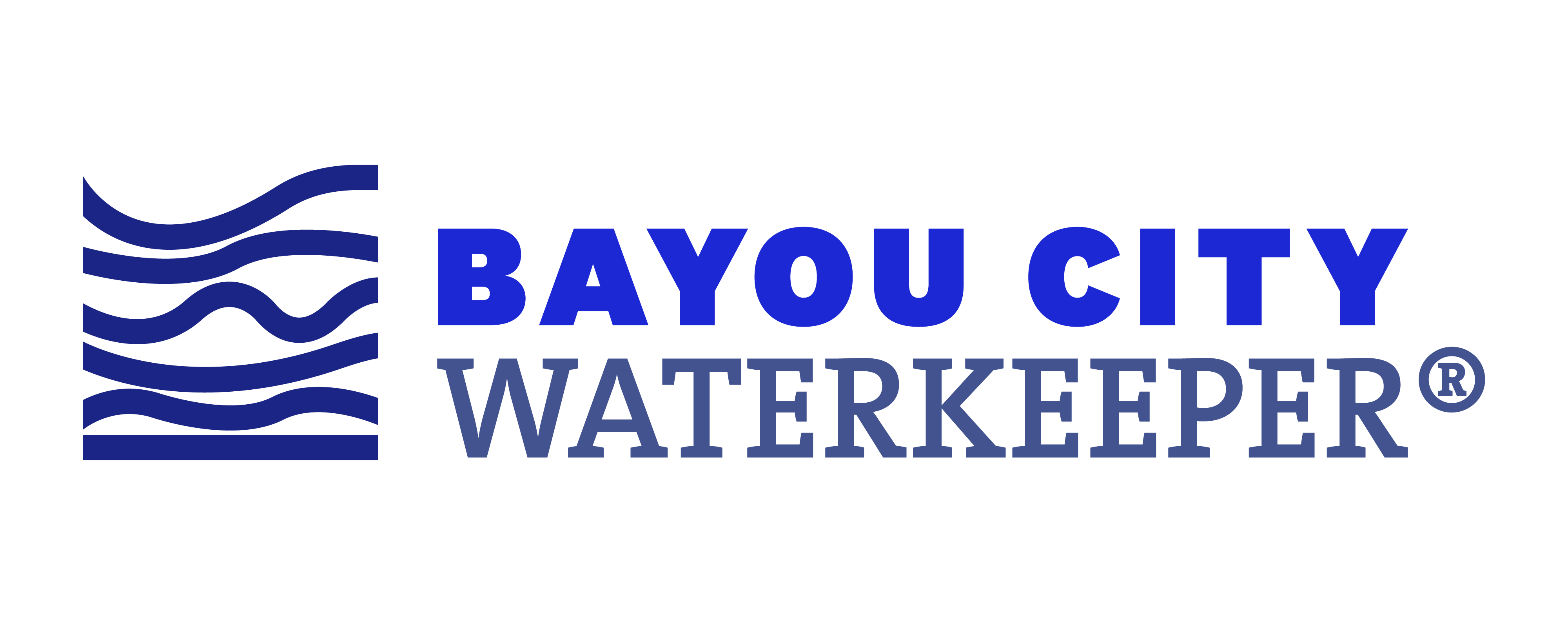The U.S. Supreme Court has issued its long-awaited decision in the landmark environmental case Sackett v. EPA, which concerns the extent to which big polluters can bulldoze wetlands and dump waste into our streams. The opinion – delivered by Justice Alito and joined by Justices Roberts, Thomas, Gorsuch, and Barrett – narrows the scope of the Clean Water Act by eliminating protections for wetlands, except in very limited circumstances. This opinion also undermines recent efforts by the Biden administration to clarify the scope of the Clean Water Act.
Our region is home to some of the most unique and diverse wetlands in the world. These wetlands are not only home to millions of migratory birds that benefit from the rich coastal habitat, but they also maintain water quality, serve as nature’s best defense against flooding, and capture carbon. Through three presidential administrations, Bayou City Waterkeeper has submitted comment letters to WOTUS rulemakings and permits that don’t offer sufficient wetland protections, defended WOTUS in court, filed administrative enforcement complaints, and created community mapping tools to enable residents to better understand how a planned development might affect their own neighborhoods.
This opinion represents a major setback for protecting communities and ecosystems across our region. The Court has embraced the extreme demands of big polluters, undoing protections that have safeguarded our waters for over 50 years. This places our communities, public health, and local ecosystems in danger – especially those most vulnerable to pollution and intensifying climate disasters. Congress and state officials across the country need to act fast to protect water bodies that our nation relies on for drinking, fishing, and fueling local economies.
Through our current strategic plan, we are working to develop and advocate for policies and actions to protect wetlands at the local level. Our hope is that by shaping better protections locally, we can fill the gulfs left behind by the Supreme Court’s decision and leave communities safer from pollution, flooding, and climate change in the decades to come.
Statement of John Jacob, soil scientist, BCWK Advisory Council member (2019 to present), and former BCWK Board member (2008-2019):
“Today we see a sad continuation of the loss of critical wetlands. I have worked in Gulf Coast wetland landscapes for over 30 years. I know their value; I know wetlands are a crucial buffer for downstream flooding. Today’s Supreme Court decision does not recognize the role of wetlands in a secure future for the Houston region. Development gets much more play in this ruling than a strong body of scientific evidence, which we ignore at our peril. These wetlands are irreplaceable. I mourn the loss of unique landscapes my grandchildren and their children will not know. And I fear that flooding and poor water quality will continue unabated in the Houston region and in the Upper Texas Gulf Coast.”
Statement of Kristen Schlemmer, Legal Director and Waterkeeper, Bayou City Waterkeeper
“The majority decision ignores how water moves across our landscape and insults the lived experience of communities across greater Houston. Where we see ecosystems vital to our safety and health, the Supreme Court sees an undeveloped lot in search of a subdivision destined for flooding. Absent action, this decision will leave us all more vulnerable to flooding, climate risks, and water pollution. This decision demands immediate action by Congress. It also emphasizes the need for local and regional policy solutions and investment that can preserve large ecosystems as a means of flood and climate protection.”
Check out our wetland tools and read more about “Waters of the United States”
5 Most Critical Wetland Areas: Our Solution To Flooding Has Always Been Here
5 Most Critical Wetland Areas (Story Map)
BCWK Wetland Mapper
The Latest WOTUS Rule Explained
Defending Our Wetlands In Court, Again
Defending Our Wetlands at The U.S. Supreme Court
Bayou City Waterkeeper is a bold advocate for communities across the Lower Galveston Bay watershed. Through sound science and creative legal strategy, we work toward a shared vision of water justice. As we shape policy solutions that embrace the strength of our region’s natural systems, we are most effective when we center the experience of communities most vulnerable to water, climate, and infrastructure Injustices.
